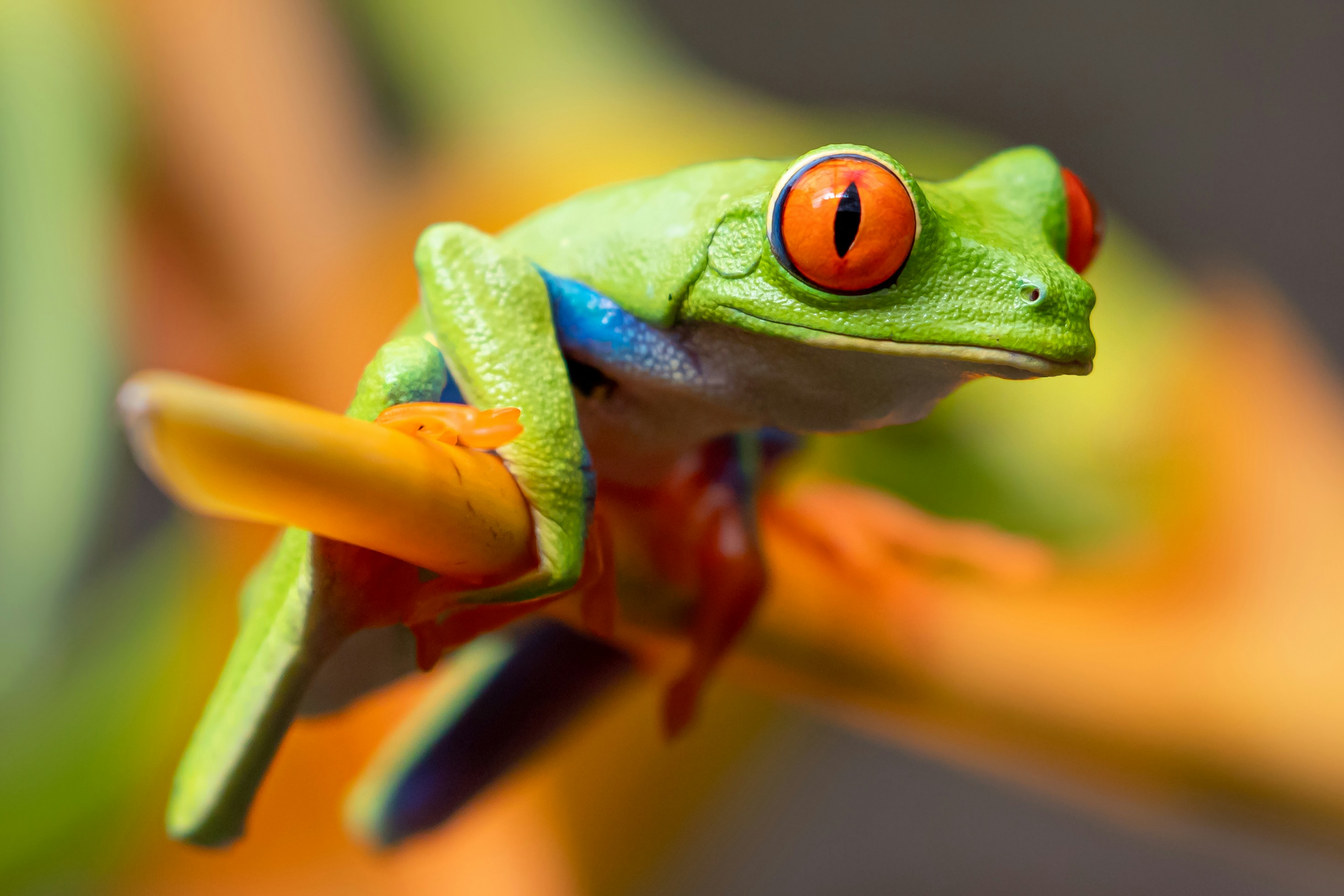How-amphibians-signal-a-healthy-planet

Category: Amphibians | June 14, 2025
From quiet forest ponds to misty tropical rainforests, amphibians play a crucial role in maintaining ecological balance. But beyond their role in food webs and biodiversity, amphibians serve as living indicators — biological barometers that can reveal the health of entire ecosystems.
**Why Amphibians Are Ideal Bioindicators**
Amphibians, which include frogs, toads, salamanders, and caecilians, have semi-permeable skin and complex life cycles that involve both aquatic and terrestrial habitats. Their skin easily absorbs chemicals and pollutants from their environment, making them highly sensitive to changes in air, water, and soil quality.
Because they depend on both land and water at various stages of life, any disturbance in either environment can affect their survival. This dual dependency makes them incredibly useful in monitoring a wide range of ecological changes — from pollution to climate shifts.
**What Their Presence Means**
A healthy, stable population of amphibians typically indicates that the surrounding environment is relatively free of toxins, has good water quality, and maintains balanced predator-prey dynamics. When amphibians thrive, it’s often a sign that other species — including humans — can too.
**What Their Decline Signals**
Worldwide, amphibians are declining at an alarming rate. Habitat destruction, pollution, invasive species, climate change, and diseases like chytridiomycosis (a deadly fungal infection) have devastated populations across continents. A sudden drop in amphibian numbers can be an early warning sign of ecosystem stress — sometimes even before other organisms are affected.
**Ecological Impact**
Amphibians help regulate insect populations, serve as prey for birds, fish, and mammals, and contribute to nutrient cycling in wetlands. Their loss can lead to imbalances in food webs and a decline in ecosystem services that benefit other wildlife — and us.
**Global Conservation Implications**
Conserving amphibians isn’t just about protecting frogs or salamanders — it’s about safeguarding entire habitats. Monitoring their populations helps scientists track the impact of deforestation, pollution, and climate change. As sentinel species, amphibians provide valuable data for environmental science and policy.
By listening to what amphibians tell us — through their presence, abundance, and behavior — we gain vital insight into the health of our planet. Protecting them means protecting the ecosystems we all rely on.
🌴 Jungle Chatter
Most popular reactions:
No reactions yet.